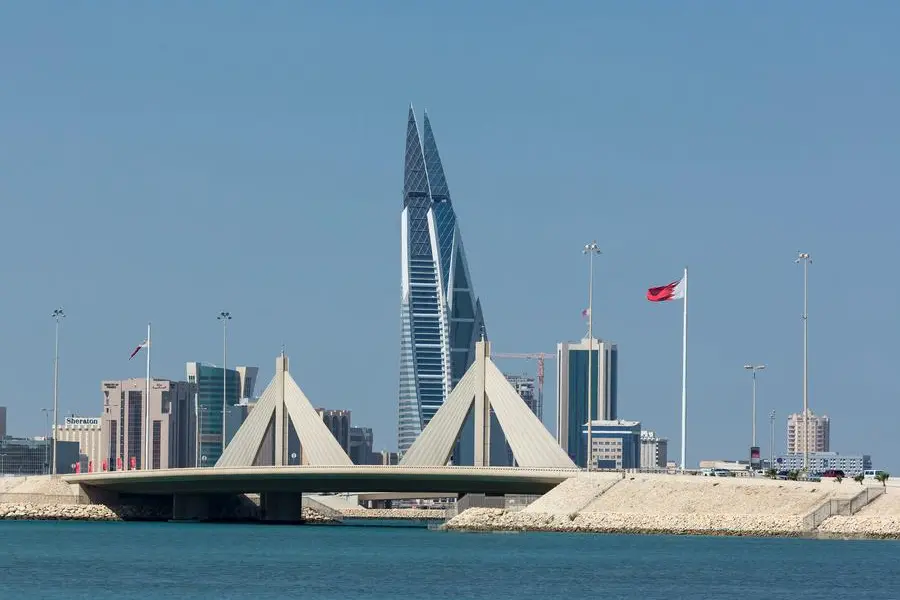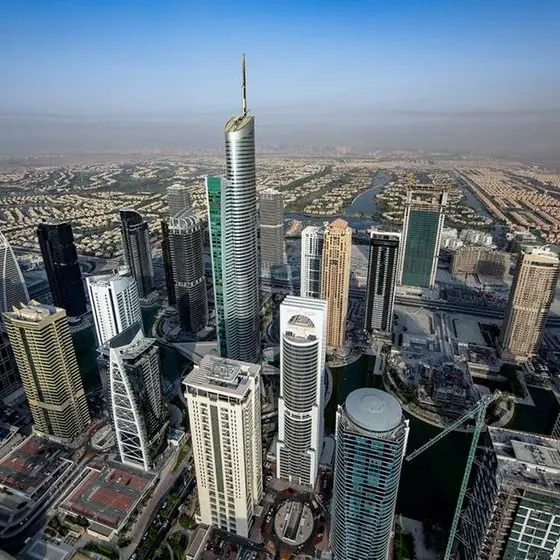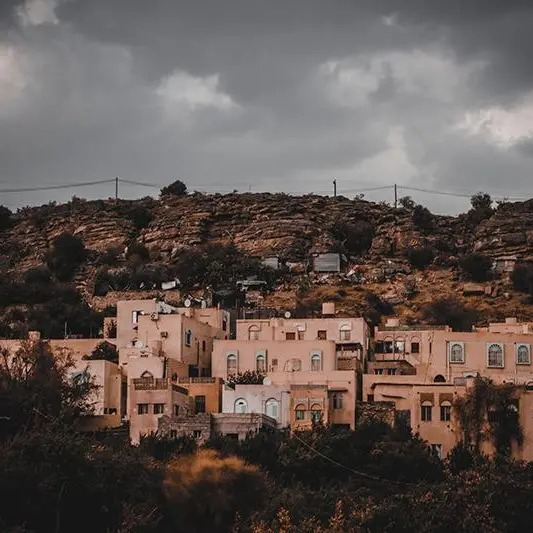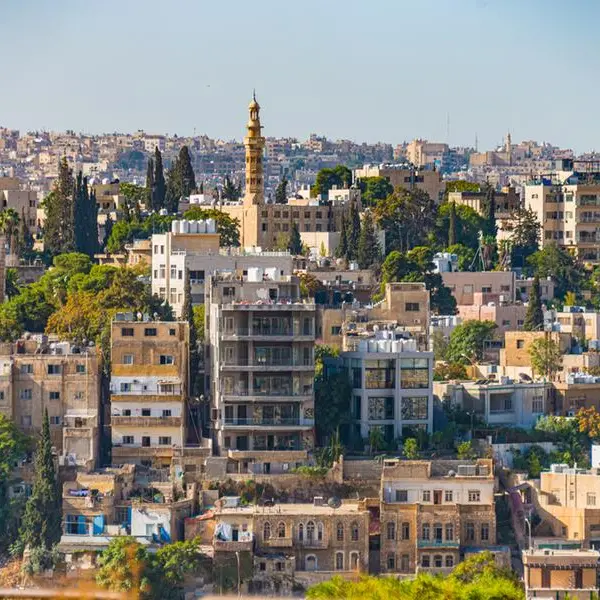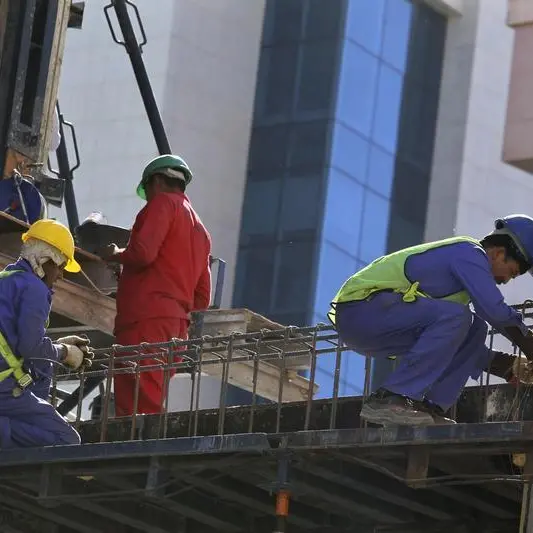PHOTO
Bahrain - In a world achievement, Bahrain has laid the largest number of deep foundations for a housing project.
The Housing Ministry claimed yesterday that the development in Salman Town will see the construction of 16 residential towers, featuring 1,382 apartments and seven to 19 floors with an area of 3,600 square metres per floor.
Deep foundations, also known as micropiles, are generally used when there are difficult ground conditions and are comprised of high-strength steel casing, rebar (a steel bar that is used in concrete construction) and grout (a mixture of water, cement and sand).
They are typically between 12-30cm in diameter and can go to depths of 61 metres and achieve working loads of more than 200 tonnes.
Micropiles
The micropiles, which reach 10-13 metres deep, were laid across 70,000 squares metres.
The global achievement was certified by Bentley, a US firm specialised in the design, construction and operation of infrastructure, and was registered among the largest number of deep foundations in the world, exceeding 12,000 micropiles.
The certificate, ‘World’s Largest Micropiled PT Raft foundation which lies on an Artesian Aquifer at a reclaimed island in Bahrain’, was presented to the ministry.
The PT Raft foundation is a cost-effective standalone system able to adequately transfer the superstructure loads to the supporting ground, while an artesian aquifer is an underground layer which holds groundwater under pressure.
The ministry hosted a ceremony at the site of the project to mark the achievement, in the presence of housing construction and maintenance director Mohammed Rashdan and housing projects planning and designing director Balsam Al Salman.
The event was also attended by the companies which supported the project – Al Quwwa Al Shadeed, Gulf House Engineering, Almoayyed Contracting Group, Chapo Aradous Contracting, Salfo Engineering Consultants and Al Ansari for Engineering Services.
“The deep foundations, which exceed 15 metres in depth, will support an area of 70,000 square meters,” said a ministry statement.
The deep installations required 70,000 cubic metres of concrete and 5,000 tonnes of iron (steel).
During the foundations stage, around 8,300 cubic metres of concrete were used in installing more than 12,000 micropiles, with a total length of approximately 86,500 metres (86.5km).
“The deep foundations have been installed during a record 200 work days,” said the ministry.
It added that innovative technology was used to preserve the marine environment and protect natural water resources (groundwater wells), which are located at a shallow depth below sea floor level at the construction site.
“The technology has positive repercussions on the environment, as this type of foundation reduces the greenhouse effect by 75 per cent by using recycled steel in more than 12,000 micropiles,” added the statement.
The ministry has recently completed the foundation stage and construction work on a four-storey car park floors as part of the project.
Some flats have been designed to cater to the needs of people with physical disabilities to ensure for them and their families a decent and appropriate living environment, said the ministry.
Located off the coast of the Northern Governorate, Salman Town is one of the main projects of the ministry being implemented following a royal order to build 40,000 housing units.
Inaugurated in 2018, Salman Town is considered the largest and most advanced among the new cities of Bahrain, as it is characterised by the quality of life, many educational, health and commercial facilities, places of worship, service facilities and green spaces, as well as its 40km long waterfront.
© Copyright 2020 www.gdnonline.com
Copyright 2022 Al Hilal Publishing and Marketing Group Provided by SyndiGate Media Inc. (Syndigate.info).
